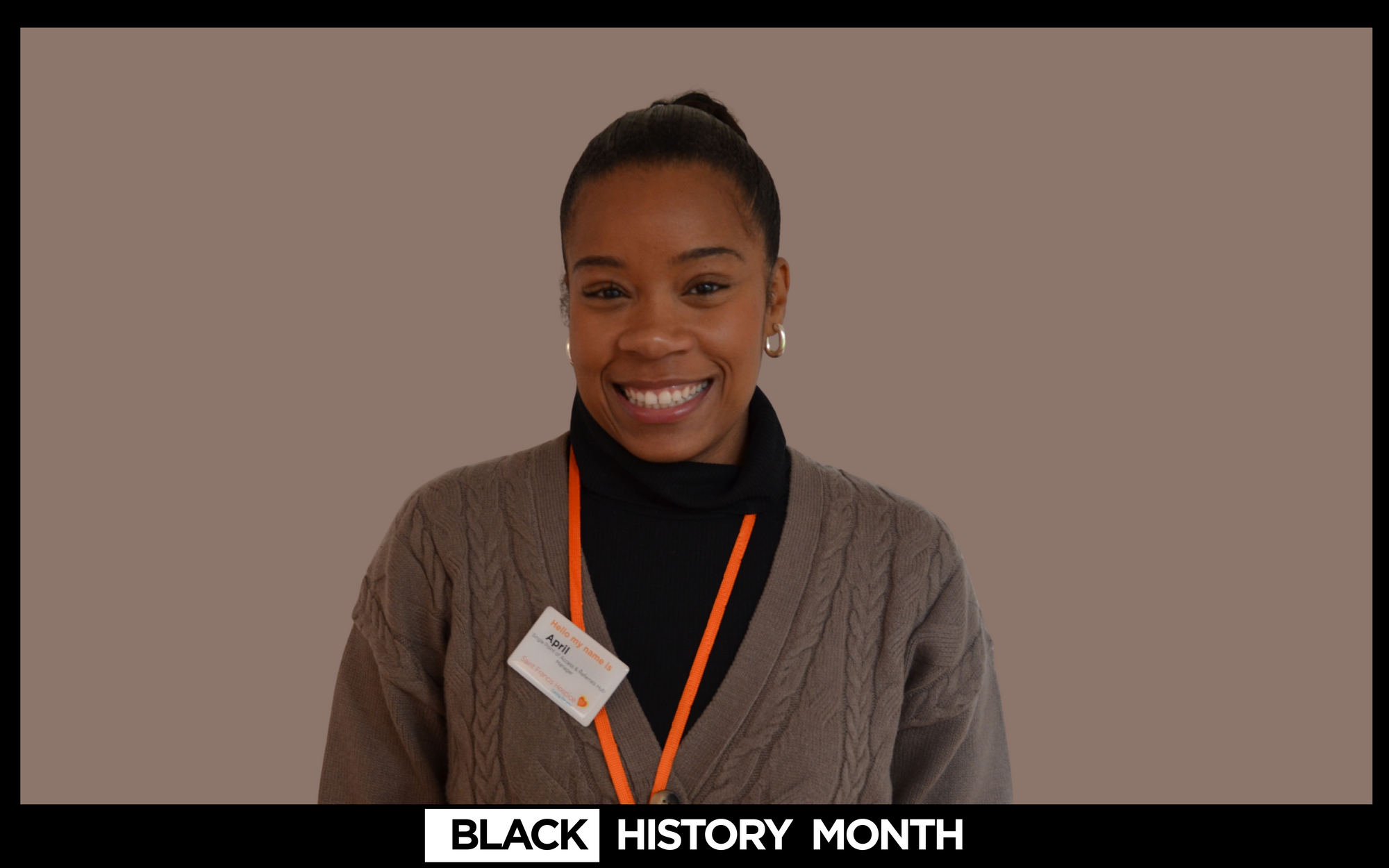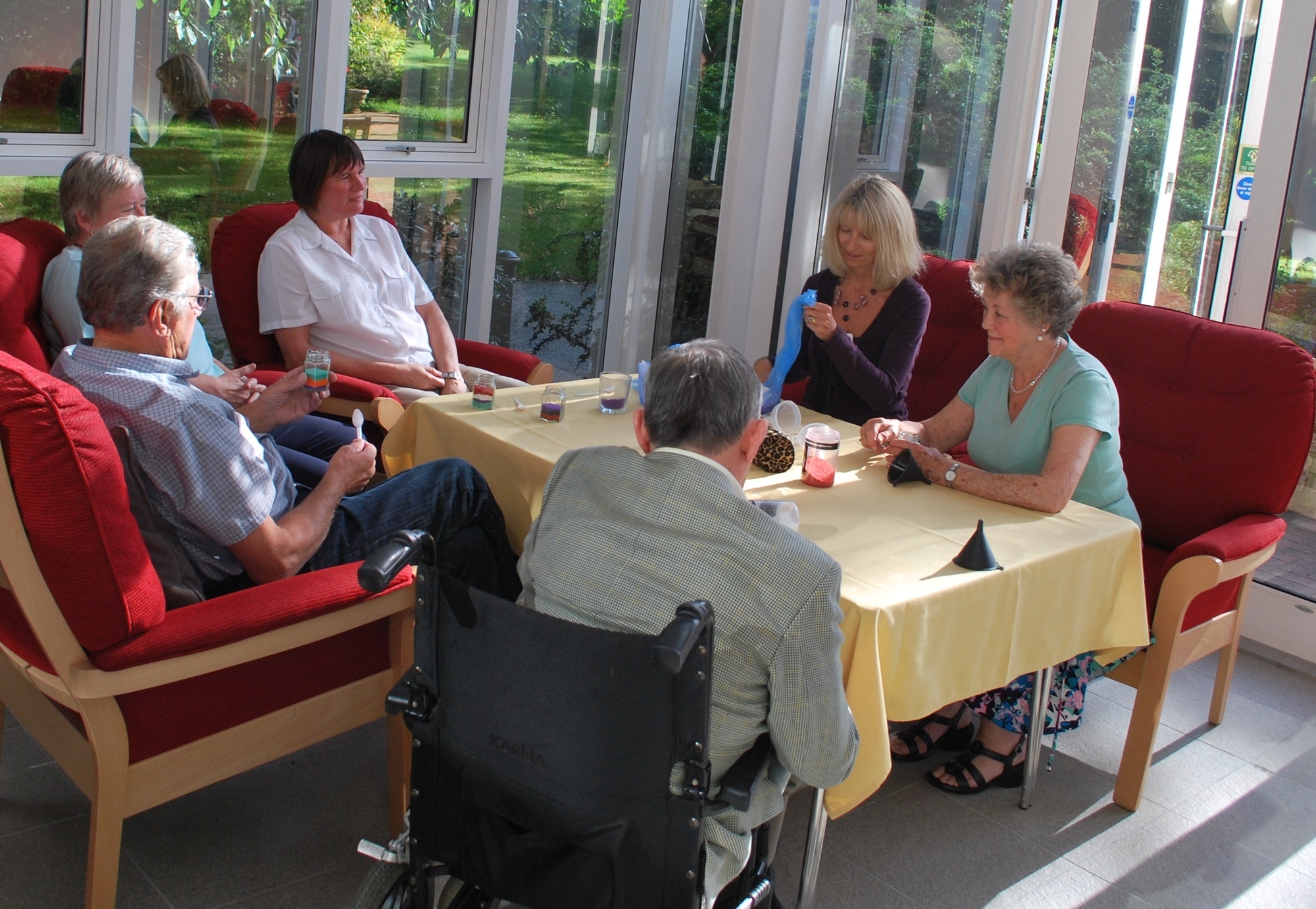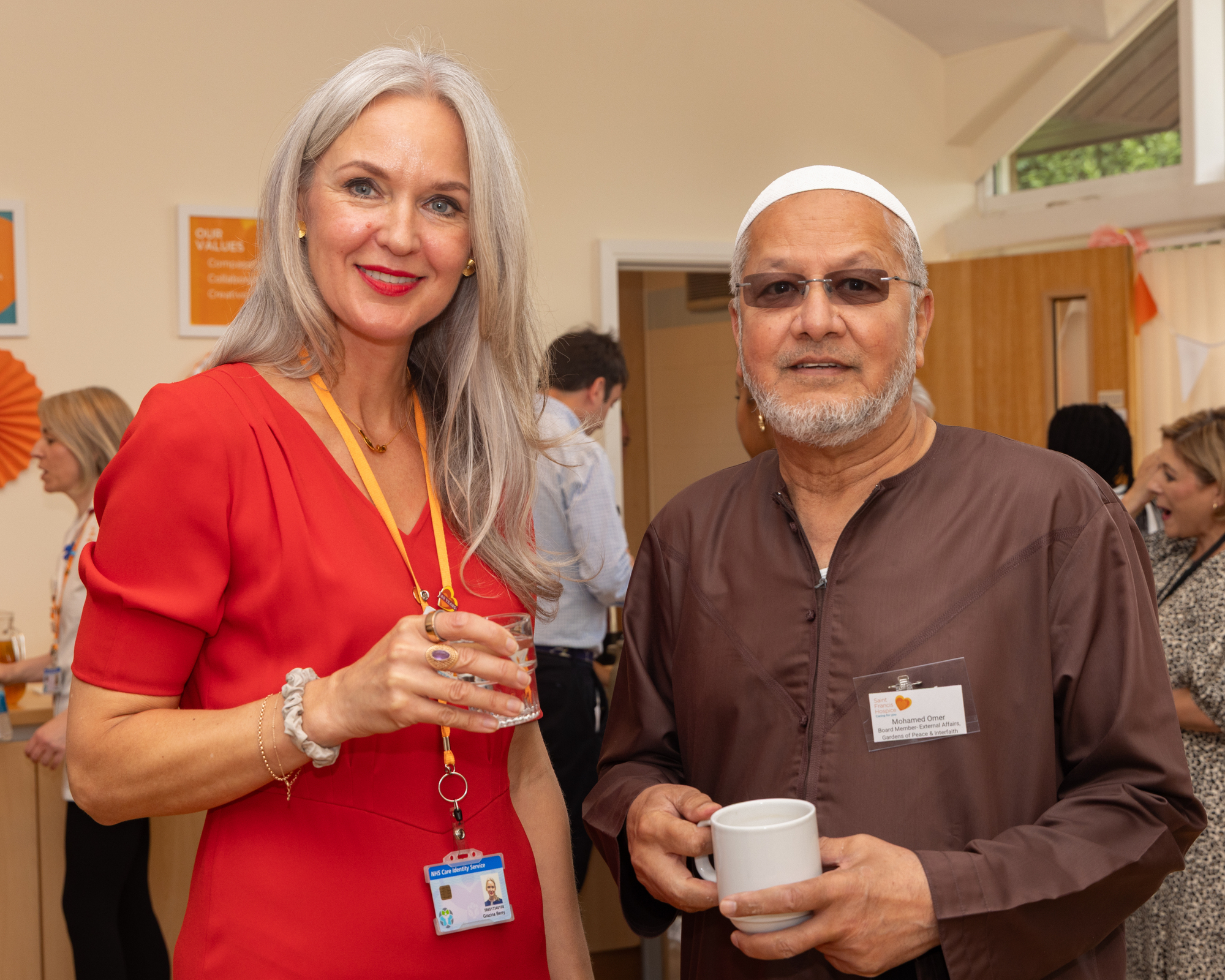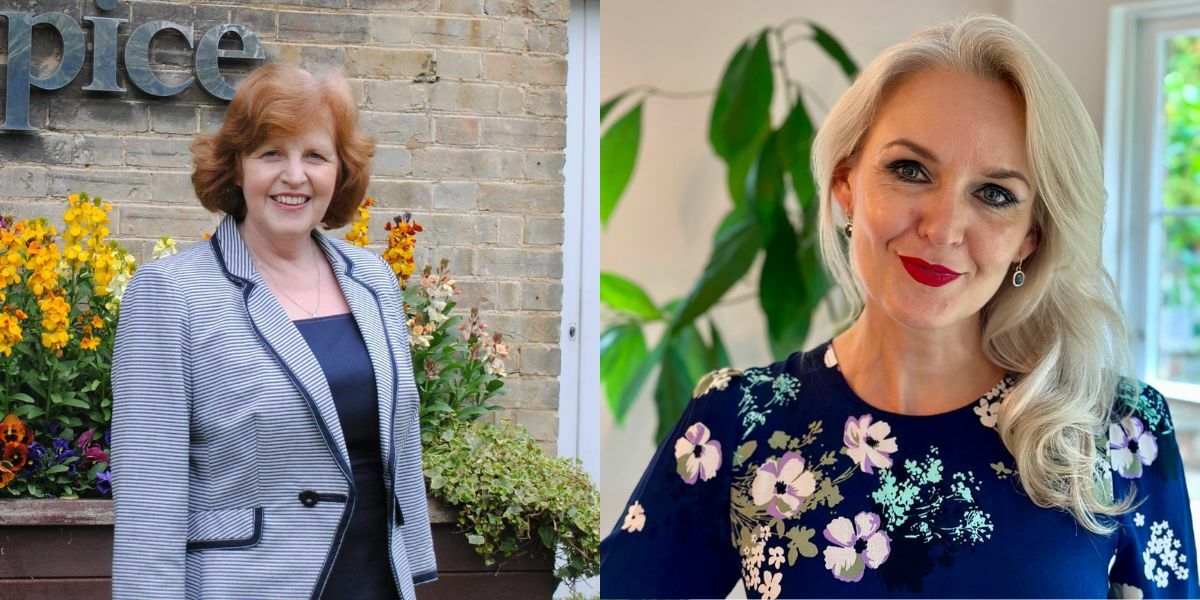Reflection Black History Month

On my second day of hospice at home visits, I walked into a family home that immediately felt familiar. The wife of the individual welcomed us warmly, offering drinks and comfort, while behind her smile I could sense the heaviness she carried. The house was quiet, except for the soft music playing in the background. On the walls were family photos, and in the air was the gentle smell of Caribbean food. That smell in particular made me feel instantly connected. As a Caribbean person myself, it was more than just a fragrance it was a reminder of family, culture, and belonging.
Upstairs, I met the individual who was in his final days of life. Though words were few, the connection was deep. The HCA performed simple but vital acts of care, such as mouth care with a sponge, while his wife observed closely, mirroring movements, ready to step in. Her love was clear in her actions, even as she balanced strength and exhaustion. Despite appearing upbeat, I could feel she needed us there. Later, the family priest arrived, and the room filled with prayer, faith, and emotion. What struck me most was how a referral on paper had transformed into a powerful reminder of humanity, culture, and connection.
Reflecting on this experience during Black History Month feels especially significant. Black History Month is not only a time to look back at the struggles and triumphs of those who came before us, but also to celebrate the richness of culture that continues to shape lives today. In that home, I felt the weight of heritage the smell of Caribbean food, the resilience of a Black woman holding her family together, the faith that gave her strength. These are stories that rarely make headlines, yet they carry the same dignity, courage, and history that Black History Month asks us to recognise.
It reminded me that culture is not just history in a textbook it is lived every day, in the music we play, the food we cook, the faith we hold, and the love we show. By celebrating Black History Month, we are giving space to honour those everyday acts of resilience and the ways Black identity enriches communities, including in spaces like palliative care.
As I left that visit, I carried with me not just the memory of a husband and wife, but the powerful truth that celebrating culture and history is also about celebrating connection and humanity. That is why Black History Month is so important, it ensures that stories like theirs, and others are seen, valued, and remembered.









